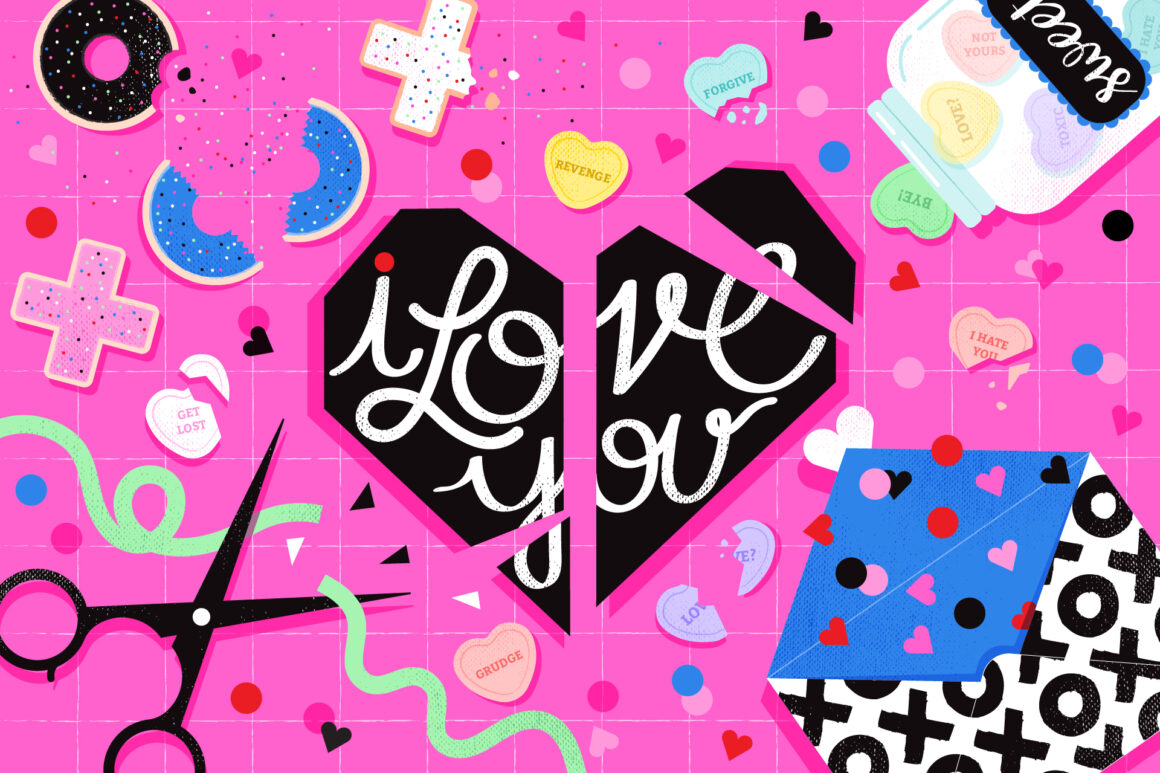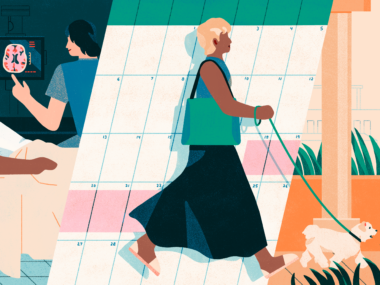Written by Jacquie Moore, BA ‘97
Who doesn’t love love? Like the songs say: “Love makes the world go ’round;” “love is all we need;” “love will keep us together;” and on and on. But let’s face it: sometimes love bites and, while that’s no fun in real life, it’s often a more toothsome perspective to chew on (not to mention watch unfold in some way or another in just about any series we can stream).
Still, while the messy aspects of relationships such as grudge-holding and desire for revenge are normal, they remain relatively unexplored in academia. University of Calgary professor and social psychologist Dr. Susan Boon, PhD, is changing that, bravely diving into the parts of our hearts we might prefer to keep under wraps.
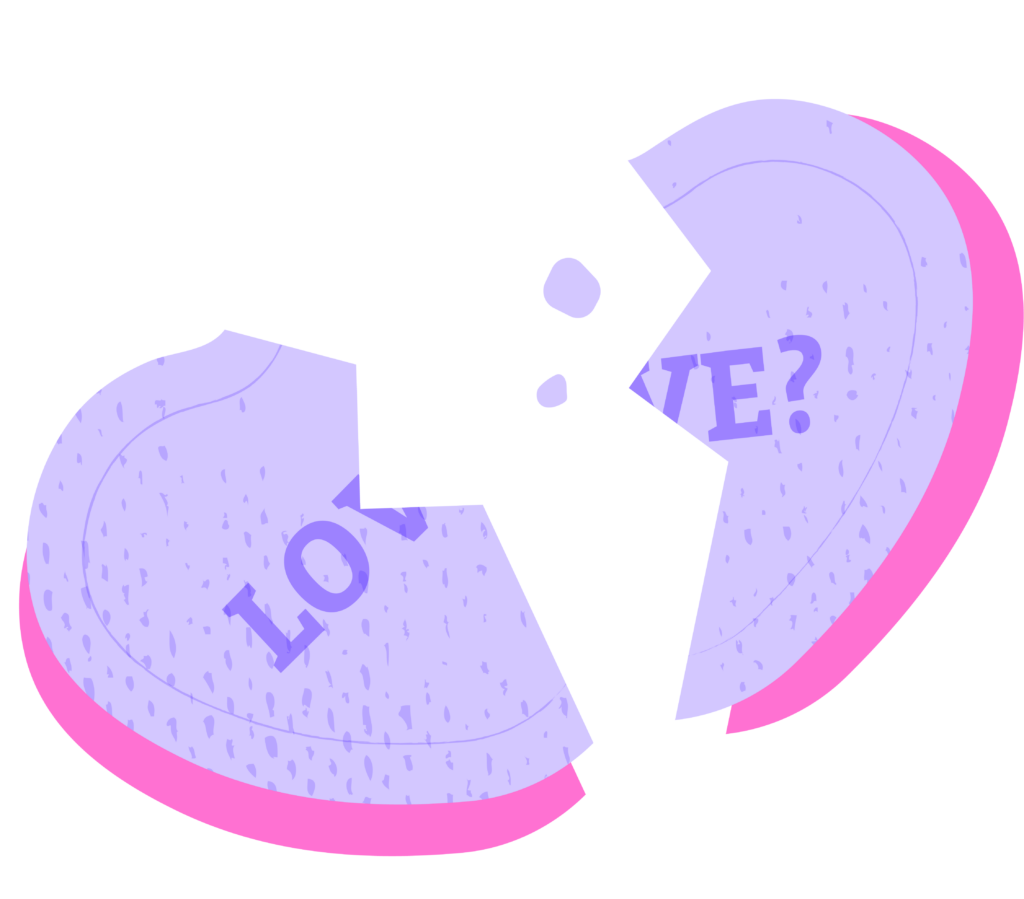
Whether we’re currently in a happy romantic one or not, personal relationships of all sorts are, “profoundly crucial to human health and well-being, and fundamental to the human experience,” says Boon, who is with the Department of Psychology. Her main research focus is the human response to wrongdoing within relationships — an area she says deserves deeper exploration. Rigid societal assumptions about right and wrong, however, can stifle debate and inquiry.
“The idea that revenge, for instance, is unequivocally immoral affects how such responses are studied,” she says.
In her 2020 book, Communicating Revenge in Interpersonal Relationships, co-authored with Dr. Stephen M. Yoshimura, PhD, of the University of Montana, Boon looks at empirical research on revenge; how and why people take revenge on others in modern social life; and the effects of vengeful acts on relationships. Her curiosity and research extend to include rarely asked questions such as, could there be an upside to it revenge and, conversely, is there a downside to forgiveness?
Either way, she says, “assumptions about revenge and forgiveness are worth questioning.” Indeed. And perhaps the best thing you can do for yourself and your love is share a little extra grace in remembering that, as Boon puts it, “Relationships are incredibly messy — and incredibly important to our lives.”
Revenge is a dish – but what type of dish?
The question is: should this dish be served cold? Spicy? Or not at all?
“Revenge is both condemned and glorified in our culture,” says Boon. “Revenge violates the most basic moral precepts which encourage us to treat others as we would wish to be treated ourselves and put others’ needs ahead of our own.”
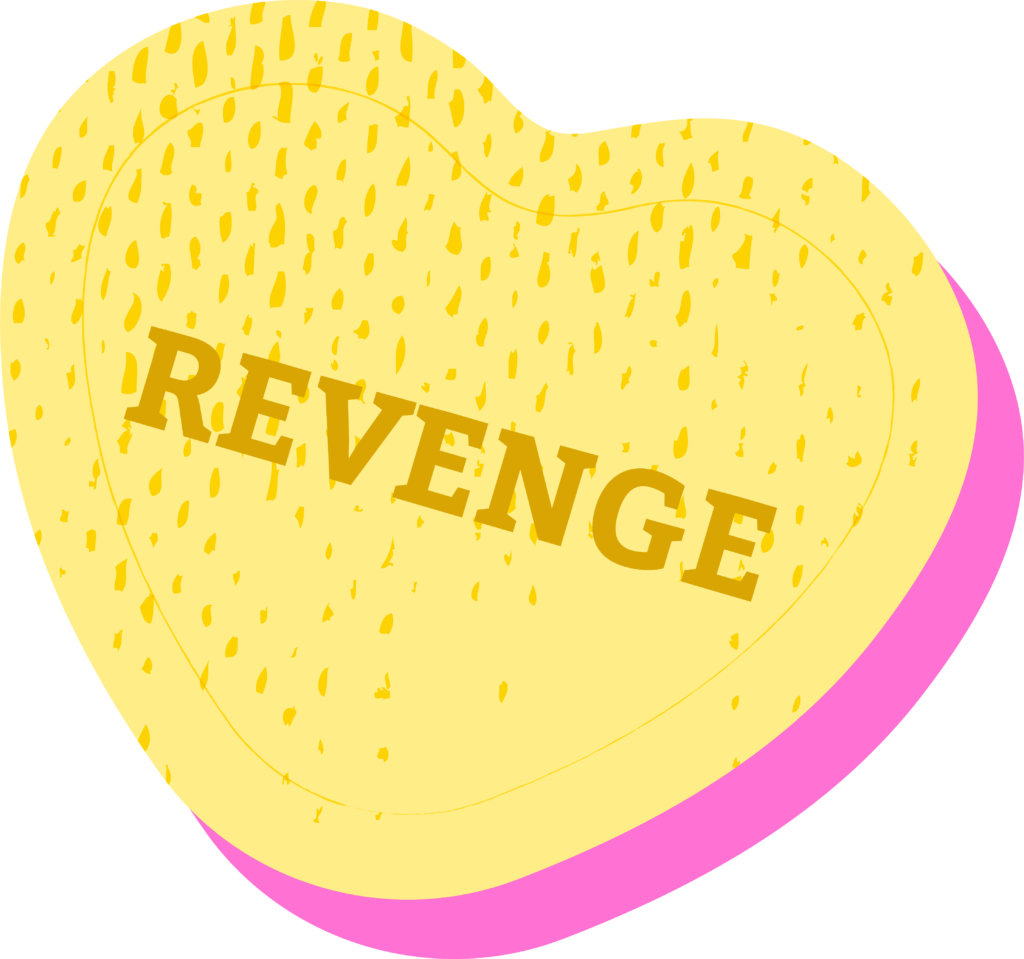
Certainly, there are good reasons, she says, to think that revenge would occur only rarely in relationships between those who care for each other. But love and life are rarely as tidy as we’d like. “The interdependence that characterizes such relationships often renders them subject to conflicts of interest and those conflicts can lead partners to act in ways that leave each other feeling unfairly treated,” Boon says. “Sometimes, they respond to real or perceived provocations, in such situations, in vengeful ways.”
While Boon wholeheartedly rejects destructive acts of revenge, she says that, in some circumstances milder, more mundane acts of revenge can serve as a message that aims to persuade, negotiate or advocate within a relationship—to call for change. She recalls a participant in an early study in her lab who was upset by a partner who spent her New Year’s Eves with friends rather than with him, despite his birthday falling that same day.
“After a couple of years of feeling hurt and frustrated that she wasn’t responding to his desire to spend the evening together, he got ahead of it by making plans with his own friends for New Year’s Eve.” Boon says that kind of soft act of vengeance is a mechanism to potentially change a loved one’s behaviour.
Dude, hold my grudge
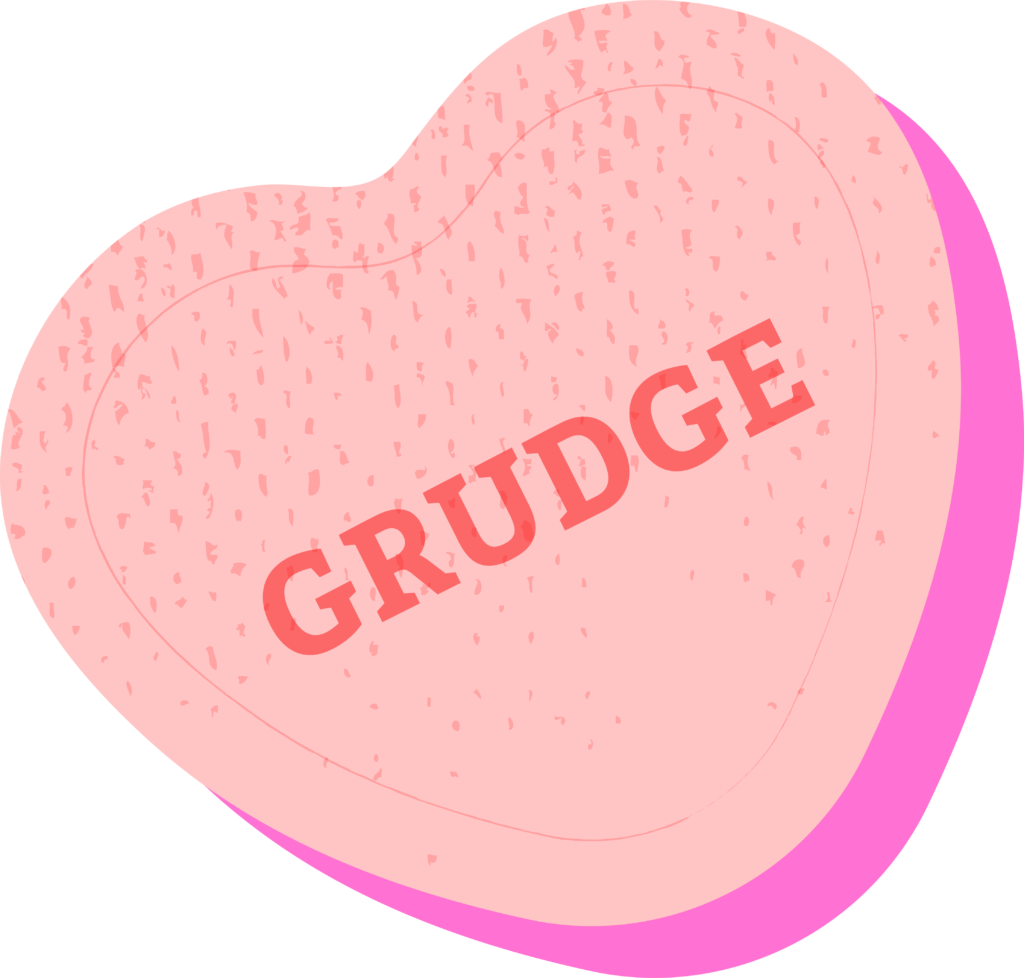
Hanging onto to post-offence negative feelings toward one’s offender, the act of holding a grudge can be a heavy burden to bear. Still, Boon says, it’s not only a natural human impulse but, sometimes, holding a grudge against someone can help reduce one’s odds of experiencing victimization again when it’s unlikely we’ll be treated differently. In other words, sometimes a grudge may be an effective self-preservation mechanism.
“There are times when it may be too costly to ‘get even’ with someone but also too costly to forgive them. In such times, holding a grudge keeps you vigilant and reminds you to monitor the partner’s behaviour,” says Boon. “Such a response can communicate to the offender that what they did wasn’t cool.”
To forgive or not to forgive
Boon has long been fascinated by the study of forgiveness, which she explored in her doctoral dissertation. Since then, she has explored forgiveness from many angles. Currently, she and her Love Lab team are particularly interested in discovering more about amends-making and forgiveness from the perpetrator’s perspective (what Boon likes to call the “redemption” studies”). Boon is concerned with the pressure we put on our loved ones, and on entire societies, to forgive. Forgiveness, however, may not always be possible or desirable.
On her website, personalrelationships.ca, Boon discusses forgiving versus “unforgiving” — a subtle but crucial difference of perspective. Inspired by experiences one of her honours students had working with callers to a crisis line, Boon’s Love Lab team is looking at what makes forgiving different than not forgiving.
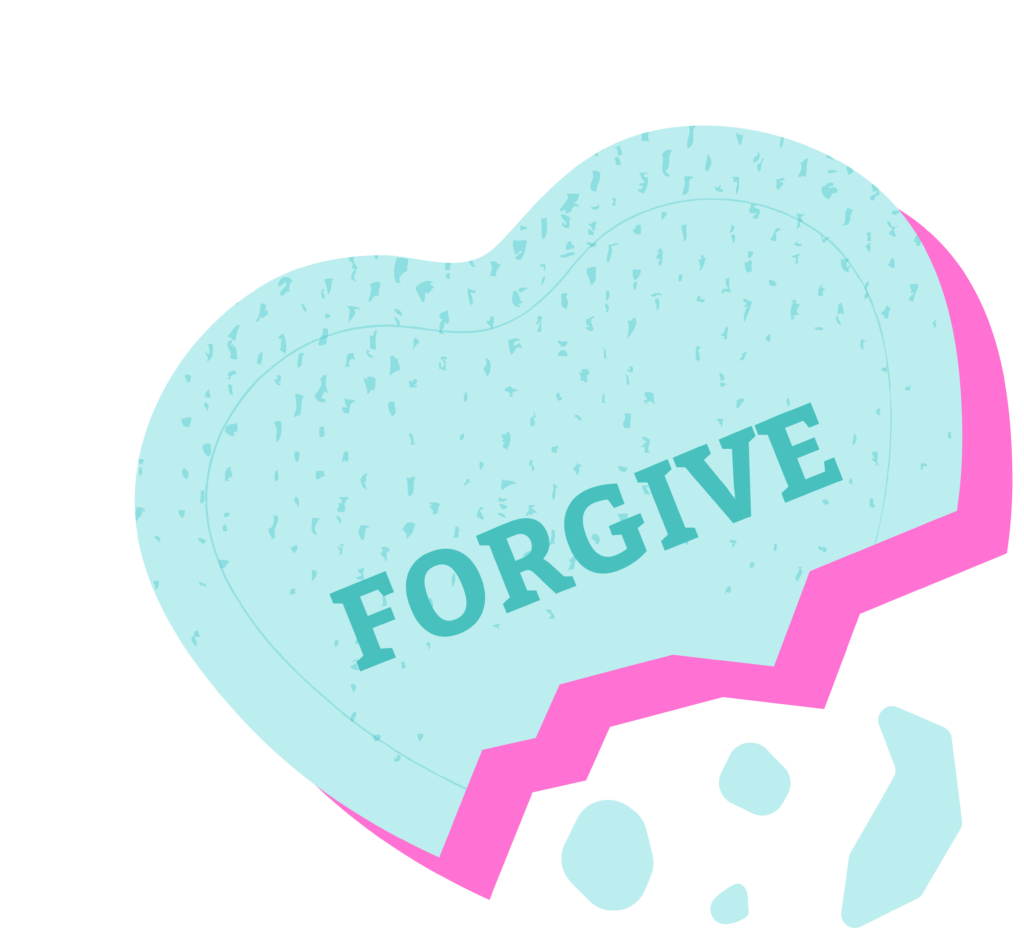
“Society extols the virtues of forgiveness and research investigating victims supports links between forgiveness and a victim’s physical and psychological wellbeing,” she writes. “But the reality is that victims do not always forgive… Moreover, research suggests that an act need not be especially severe to remain unforgiven: Sometimes people are unwilling to forgive even mundane transgressions. Understanding how people respond when they do not forgive — or do not forgive completely — is of critical importance.”
Boon and her students and collaborators in the department of psychology’s Love Lab are currently calling for volunteers to join them in an ongoing study exploring how people communicate unforgiveness.
Between the cheats
[Spoiler alert: the future of romance looks bright!]If you’re one to re-watch Love Actually during the holiday season — a movie choice you may or may not be willing to admit — you’ll clearly recall the devastating moment when Emma Thompson’s character discovers that her husband (played by Alan Rickman) has invested his heart elsewhere. Is it cheating, however, if he didn’t really do anything but flirt and fanaticize (and shop)?
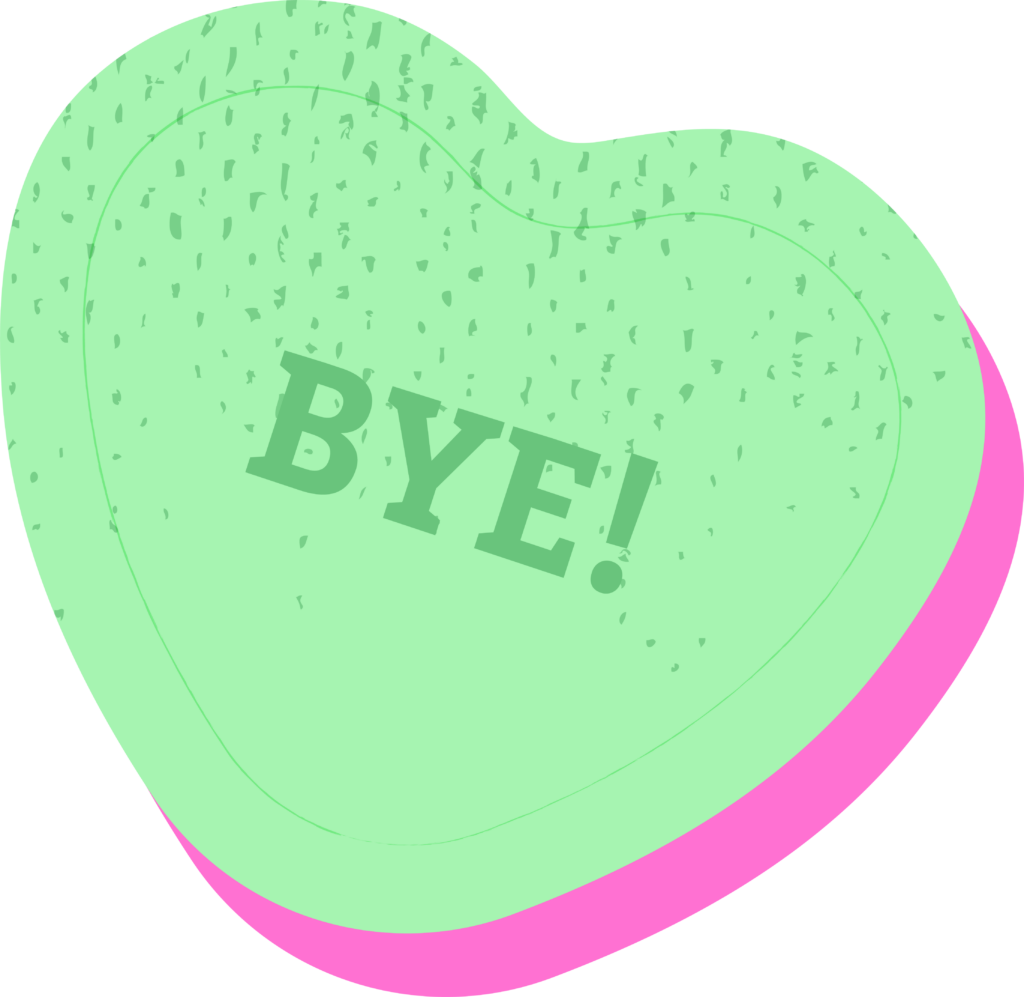
Boon has found that while individual definitions of cheating vary widely, one thing is certain: “Infidelity can have severe and longstanding consequences for those involved,” she says. Together with her students, she has investigated research questions concerning infidelity including which behaviours individuals consider to be infidelity; their expectations concerning the odds their partners will cheat on them; and some of the variables that determine when an ambiguous behaviour such as sending texts to someone of potential romantic interest is or is not judged as an act of infidelity.
And now the good news: Findings of a recent study in Boon’s lab suggest that, compared with undergraduates in 2009, undergraduates in 2020 may view infidelity behaviours as more severe and engage in such behaviours less frequently. Fidelity for the win!
To learn more about participating in Love Lab research, contact Dr. Susan Boon.

